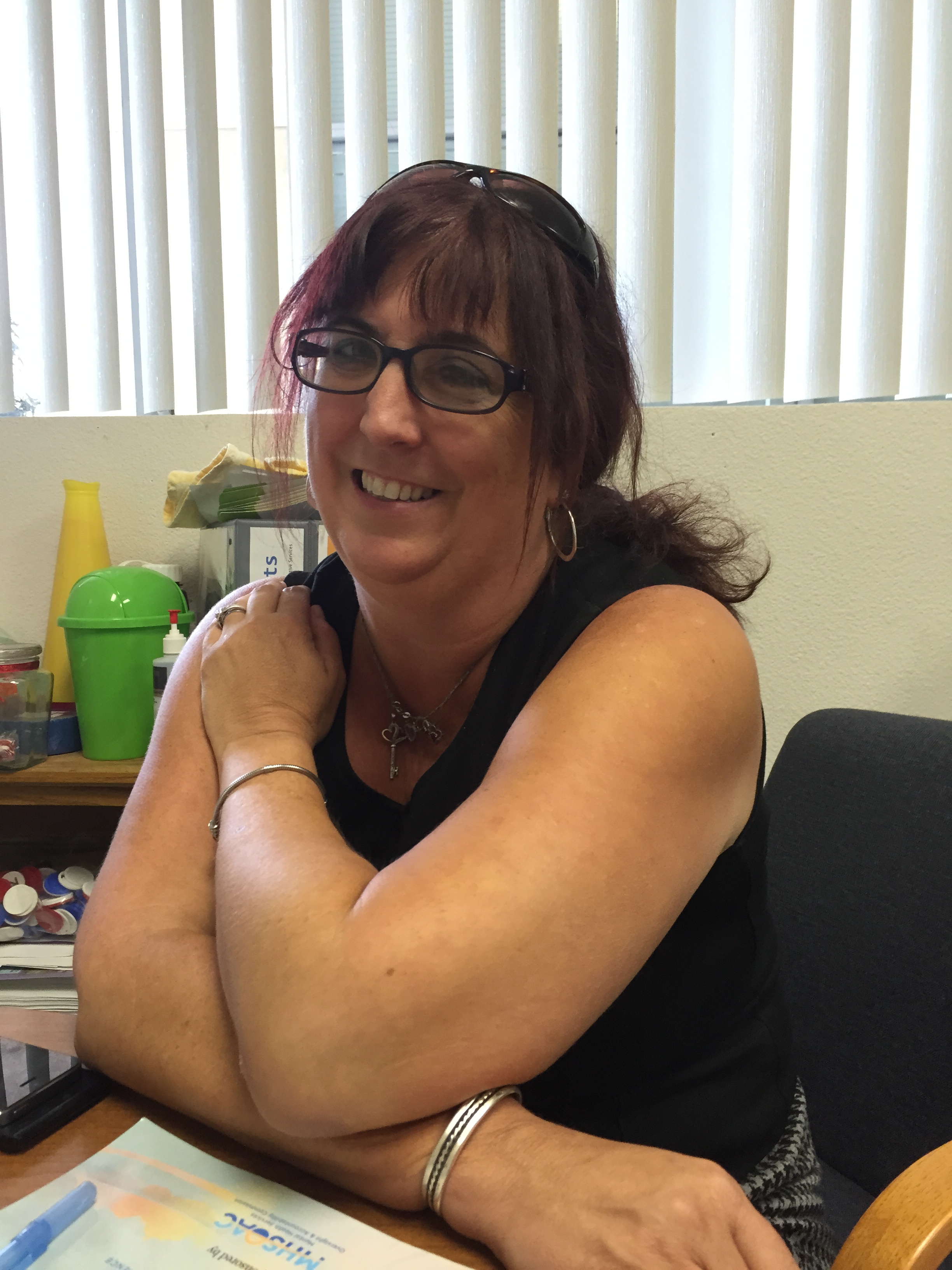
Part 3 Mental Health on the Farm:
Isolation in Farm Country
Resources are provided at the end of this post.
In light of Mental Illness Awareness Week last week, Karen Markland, Division Manager for the Fresno County Department of Behavioral Health‘s Planning, Prevention and Supportive Services, talked extensively with California Ag Today Editor, Laurie Greene, about members of the local agricultural industry who could be going through significant emotional suffering due to the drought and environmental water restrictions impacting their livelihoods.
Editor: Is there anything unique about how farmers and farmworkers suffer from stress?
Markland: In our experience with farm-working populations, they have a couple of strikes against them. They are geographically isolated in rural areas; they are probably linguistically isolated as well, as their native language is typically not English; and, they are culturally isolated in that many of our cultures believe in not talking about sick minds or sick feelings. Plus there is transportation barriers. Our county is so large that it is very difficult for rural workers to receive any services. And so, we think it is a combination of things that discourage people from reaching out for help.
Editor: Are there financial issues or constraints?
Markland: What we have found is anytime we we use Mental Services Act dollars, we have to do it based on what the community wants. The stakeholders have brought up not a financial barrier, per se, but a transportation barrier. They tell us, “I can’t afford a car. I can’t afford the taxi from Kerman to Fresno or Parlier to Fresno.” They see it as a transportation barrier.
Editor: Is this population at risk?
Markland: There have at least two suicides in the agricultural community, a landowner and a farmworker. That is too many. It is unacceptable, but it has brought to light some uncomfortable subjects that we have to try to make more comfortable. When individuals feel that stressors become more difficult to manage, thoughts of wanting to harm themselves and not wanting to continue or to fight through, become stronger.
Editor: What can you do for people who feel this way?
Markland: We are concerned about the farmworker who wakes up to such serious depression or anxiety and who has to fight through their day. That is no quality of life. So, we have a couple of resources. One that we are proud of right here in Fresno is the Central Valley Prevention Suicide Hotline 1-888-506-5991. This is a 24/7 hotline that has all language capabilities. So no matter what your language, we are here for you. This is a local number. The reason I keep saying local is that the person who picks up that phone call understands the culture of our valley—that we we have farmworkers facing dire drought conditions that others in California do not encounter with the same potential catastrophic loss; and the anxiety behind that, and the longevity of that—that it is not a one-week problem. This isn’t a breakup with a person; this is a long-term problem. So having local people manage the hotline is a wonderful resource.
Editor: Of course, farmers and farmworkers outside of Fresno County may have a similar resource in their counties. (Please refer to resources listed at the end of this article.) Could you tell us how successful has the Fresno County hotline been?
Markland: They are a crisis hotline; plus they are there just to help talk to people who are depressed or anxious. We do “talk-down” calls and rescue calls. This hotline has saved over 53 lives in active rescues in the last 12 months. Individuals have called the hotline as their last resort, and we’ve been able to activate emergency medical services and save their lives. In addition, we do follow-up calls.
Editor: What about follow-up calls?
Markland: If a person calls our hotline, and they have a safely plan, and the staff on the call feels they are safe, they’ll do a follow-up call in two days. Staff will ask if they have stuck with their safety plan, how they are feeling, and if they accessed the support systems they wanted to, because we really are dedicated to having a healthy community.
The Fresno Department of Behavioral Health is dedicated to supporting the wellness of individuals, families, and communities in Fresno County who are affected by, or at risk of, mental illness and/or substance use disorders through cultivation of strengths toward promoting recovery in the least restrictive environment.
The Fresno Department of Behavioral Health provides mental health and substance abuse services to adults within the County of Fresno. The programs within our department focus on delivering the highest quality of service. There are over 300 professionals and staff dedicated to providing services in both metropolitan and rural areas. The diversity of our staff has helped us create a department that is sensitive to cultural differences and attempts to bridge the language barriers with our consumers.
- Fresno County Crisis Services: 1- (800)-654-3937
- Fresno County Behavioral Health: (559) 600-9180
- Address: 4441 East Kings Canyon, Fresno, CA 93702
- Urgent Care Wellness Center: (559) 600-9171
- TTY: Dial 711 to reach California Relay Service
- Central Valley Suicide Prevention Hotline, 888-506-5991, is an immediate and consistent support for individuals in crisis or experiencing a suicidal crisis. The hotline is available 24 hours a day, 365 days a year, and is confidential and free.
- National Alliance on Mental Illness (NAMI) Helpline: 800-950-6264
- FresnoNAMI website: http://www.namifresno.org/
- Suicide.org Hotlines
- USA http://www.suicide.org/suicide-hotlines.html
- California http://www.suicide.org/hotlines/california-suicide-hotlines.html








